Deputy PM: Serbian economy is faltering
Aleksandar Vučić says the situation in Serbia is "more difficult than can be heard," because "the bills from the previous decades must now be paid."
Wednesday, 05.06.2013.
13:14

BELGRADE Aleksandar Vucic says the situation in Serbia is "more difficult than can be heard," because "the bills from the previous decades must now be paid." The first deputy PM and SNS party leader told B92 on Wednesday that he "still finds the talks on anti-crisis measures in Serbia a nightmare." According to Vucic, the situation is such that "whatever someone from the opposition says about the severity of the condition in which we are, it is true, and even worse." Deputy PM: Serbian economy is faltering "We must fight to fix that. This condition is the product - I don't wish to criticize anyone - a condition we have created over the past decades and now the bills are to be paid." He said this concerned Kosovo, corruption, and debt increase, and added it was believed for a long time that "we could spend and live easy without producing." Asked to comment on the fact that Serbia is still taking borrowing, Vucic said this was "in order to pay back debt." He also said that of the country's 400 companies "there aren't even three that are not over-indebted" and believes that "80 percent of the budget is filled by only eight companies." At the same time, continued Vucic, "we have huge local administrations which have become major employers, while nobody has been dealing with the economy." "The Serbia economy is not on its feet, it is faltering, and now we must come up with measures on what to do," he was quoted. Asked whether the government had agreed on the freezing of public sector salaries and pensions, he said this was not the case "because of the many proposals on the table." "Just as when you asked me not long ago about the tough measures related to Kosovo and corruption, I'll tell you now that we will not think about being criticized, but we strive and work for this country to be better both now, and in two and three years." "For this reason we not be silent and we ask for consultations with experts, domestic and foreign, in order to get good proposals," he added. Asked whether he could find time for all these consultations, Vucic said that intorducing "good measures" was more important than the day they will be taken. "It was too late for these measures even in 2006, so no harm done," said Vucic. Asked who will then have the final say about the anti-crisis measures, considering that the government consults with everyone, Vucic responded: "It will be the government, and we will face the citizens openly, honestly and say what it is we think is best. The situation is too serious to play with metaphors, our job is to do everything and fight and care for the future, for those who want to stay in this country and work here. Therefore, we will also dedicate ourselves to creating a better investment fund, to shorten deadlines." "We have opened factories and jobs, but we need a better environment, not for investors to come only through their connections, but have to have them interested and say that it is worth investing in Serbia. Among other things that is why we need a date for the start of accession negotiations on EU membership," said the first deputy PM. When asked what specifically his SNS party would stand for when it comes to the anti-crisis measures, he said it would be the restructuring of "bad companies", and reform of Serbia's public administration, which, he pointed out, "will be very difficult." The party will also seek "great control" of the expenditure side of the budget, Vucic stressed. (Tanjug, file) "Serious measures" Aleksandar Vucic has said there will be no cuts in salaries and pensions but serious measures nevertheless need be taken, adding that he expects Serbia will get a date for the start EU accession talks in June. “There will certainly be no reductions in wages and pensions, but we will have to make great savings and take difficult, restrictive, and serious measures,” Vucic told Belgrade-based tabloid Kurir. He said that the decisions will concern the restructurings of enterprises that have been consuming large amounts of money for years, and state administration reform. Vucic noted that the public administration employs 69,900 people, of whom 41,500 in the local administrations and 28,400 in the central administration. He added that the number does not include those employed in the armed forces, police, and public services and enterprises. Asked whether his ideas of such measures enjoy the support of his coalition partners, Vucic, who is the leader of the Serb Progressive Party (SNS), said that they have not yet agreed on every detail, but he is confident that they will understand the gravity of the situation that the country was brought in. Vucic said he expects Serbia will get the date for the start of EU membership talks, adding that he cannot see how European officials would explain to anyone that Serbia has not deserved it. “If there be no date, we will take the responsibility for that, but the state has been there and will continue to be there even after that,” Vucic said, stressing that this implies a government reshuffle. “If there be no elections, we will certainly carry out a reshuffle,” said Vucic. Asked what he is not satisfied about in the government, Vucic said it is the level of commitment shown by certain people, including not only members of the government, but also public enterprises and public institutions. The ruling coalition in Serbia is led by the SNS, the Socialist Party of Serbia (SPS) and United Regions of Serbia (URS). B92 Tanjug Kurir
Deputy PM: Serbian economy is faltering
"We must fight to fix that. This condition is the product - I don't wish to criticize anyone - a condition we have created over the past decades and now the bills are to be paid."He said this concerned Kosovo, corruption, and debt increase, and added it was believed for a long time that "we could spend and live easy without producing."
Asked to comment on the fact that Serbia is still taking borrowing, Vučić said this was "in order to pay back debt."
He also said that of the country's 400 companies "there aren't even three that are not over-indebted" and believes that "80 percent of the budget is filled by only eight companies."
At the same time, continued Vučić, "we have huge local administrations which have become major employers, while nobody has been dealing with the economy."
"The Serbia economy is not on its feet, it is faltering, and now we must come up with measures on what to do," he was quoted.
Asked whether the government had agreed on the freezing of public sector salaries and pensions, he said this was not the case "because of the many proposals on the table."
"Just as when you asked me not long ago about the tough measures related to Kosovo and corruption, I'll tell you now that we will not think about being criticized, but we strive and work for this country to be better both now, and in two and three years."
"For this reason we not be silent and we ask for consultations with experts, domestic and foreign, in order to get good proposals," he added.
Asked whether he could find time for all these consultations, Vučić said that intorducing "good measures" was more important than the day they will be taken.
"It was too late for these measures even in 2006, so no harm done," said Vučić.
Asked who will then have the final say about the anti-crisis measures, considering that the government consults with everyone, Vučić responded:
"It will be the government, and we will face the citizens openly, honestly and say what it is we think is best. The situation is too serious to play with metaphors, our job is to do everything and fight and care for the future, for those who want to stay in this country and work here. Therefore, we will also dedicate ourselves to creating a better investment fund, to shorten deadlines."
"We have opened factories and jobs, but we need a better environment, not for investors to come only through their connections, but have to have them interested and say that it is worth investing in Serbia. Among other things that is why we need a date for the start of accession negotiations on EU membership," said the first deputy PM.
When asked what specifically his SNS party would stand for when it comes to the anti-crisis measures, he said it would be the restructuring of "bad companies", and reform of Serbia's public administration, which, he pointed out, "will be very difficult."
The party will also seek "great control" of the expenditure side of the budget, Vučić stressed.
"Serious measures"
Aleksandar Vučić has said there will be no cuts in salaries and pensions but serious measures nevertheless need be taken, adding that he expects Serbia will get a date for the start EU accession talks in June.“There will certainly be no reductions in wages and pensions, but we will have to make great savings and take difficult, restrictive, and serious measures,” Vučić told Belgrade-based tabloid Kurir.
He said that the decisions will concern the restructurings of enterprises that have been consuming large amounts of money for years, and state administration reform.
Vučić noted that the public administration employs 69,900 people, of whom 41,500 in the local administrations and 28,400 in the central administration. He added that the number does not include those employed in the armed forces, police, and public services and enterprises.
Asked whether his ideas of such measures enjoy the support of his coalition partners, Vučić, who is the leader of the Serb Progressive Party (SNS), said that they have not yet agreed on every detail, but he is confident that they will understand the gravity of the situation that the country was brought in.
Vučić said he expects Serbia will get the date for the start of EU membership talks, adding that he cannot see how European officials would explain to anyone that Serbia has not deserved it.
“If there be no date, we will take the responsibility for that, but the state has been there and will continue to be there even after that,” Vučić said, stressing that this implies a government reshuffle.
“If there be no elections, we will certainly carry out a reshuffle,” said Vučić.
Asked what he is not satisfied about in the government, Vučić said it is the level of commitment shown by certain people, including not only members of the government, but also public enterprises and public institutions.
The ruling coalition in Serbia is led by the SNS, the Socialist Party of Serbia (SPS) and United Regions of Serbia (URS).










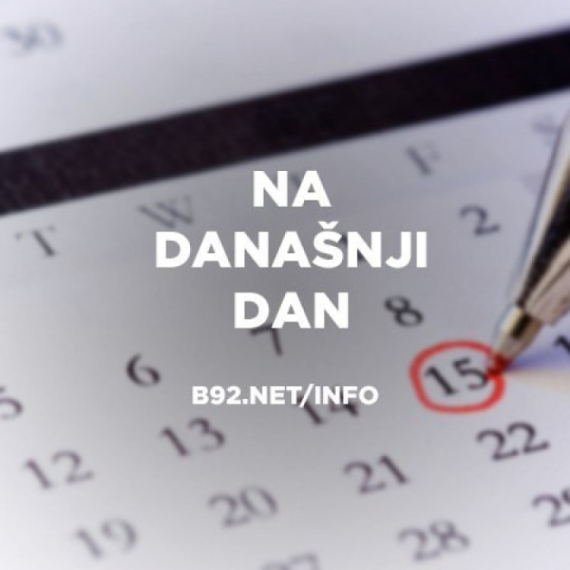
























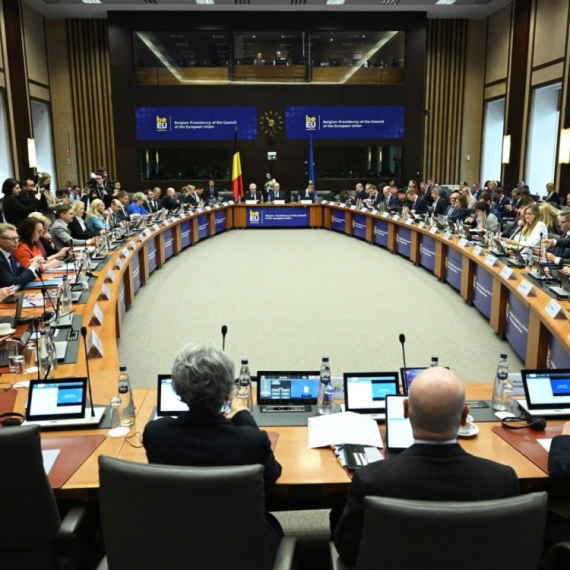
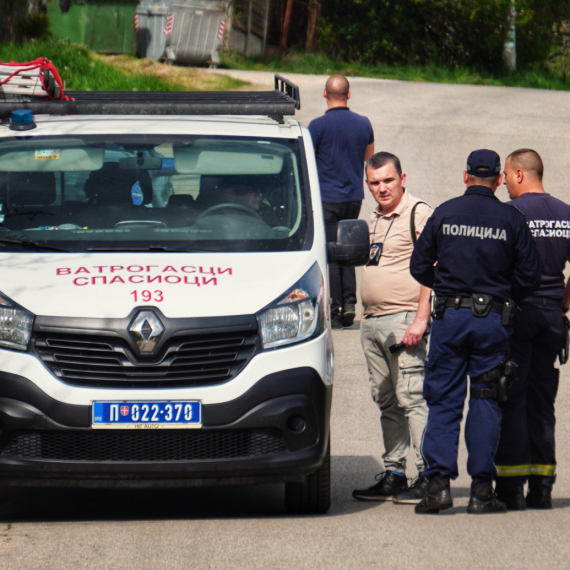
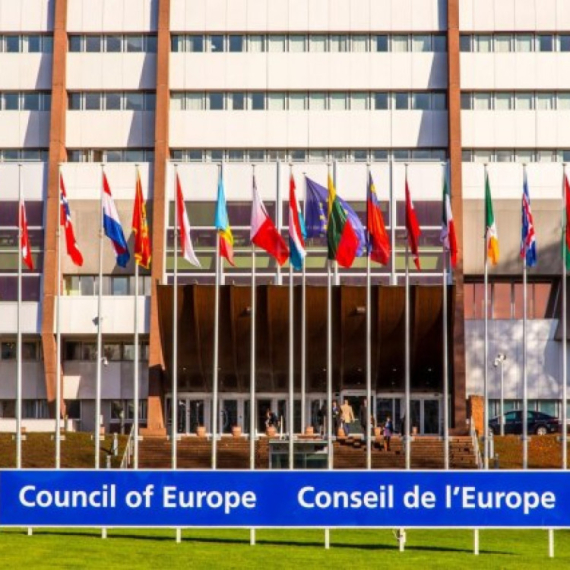














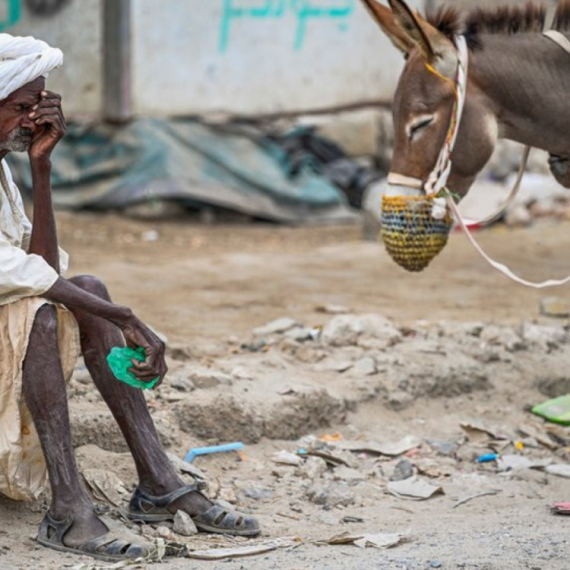
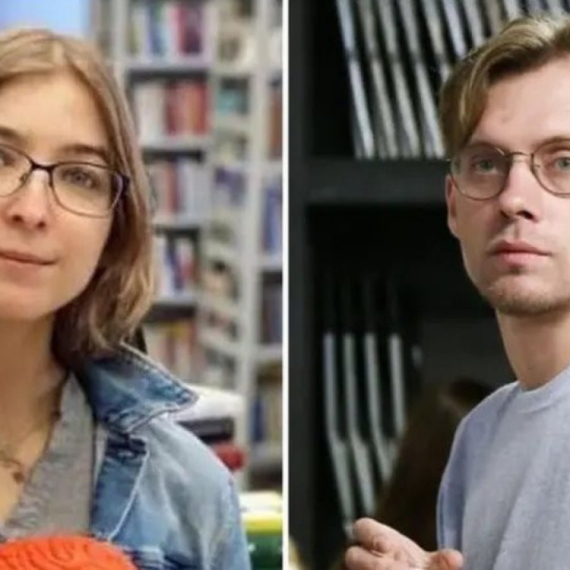
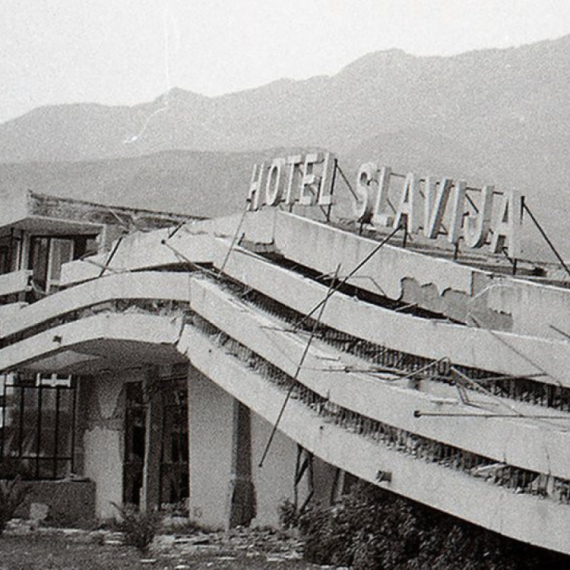

Komentari 12
Pogledaj komentare